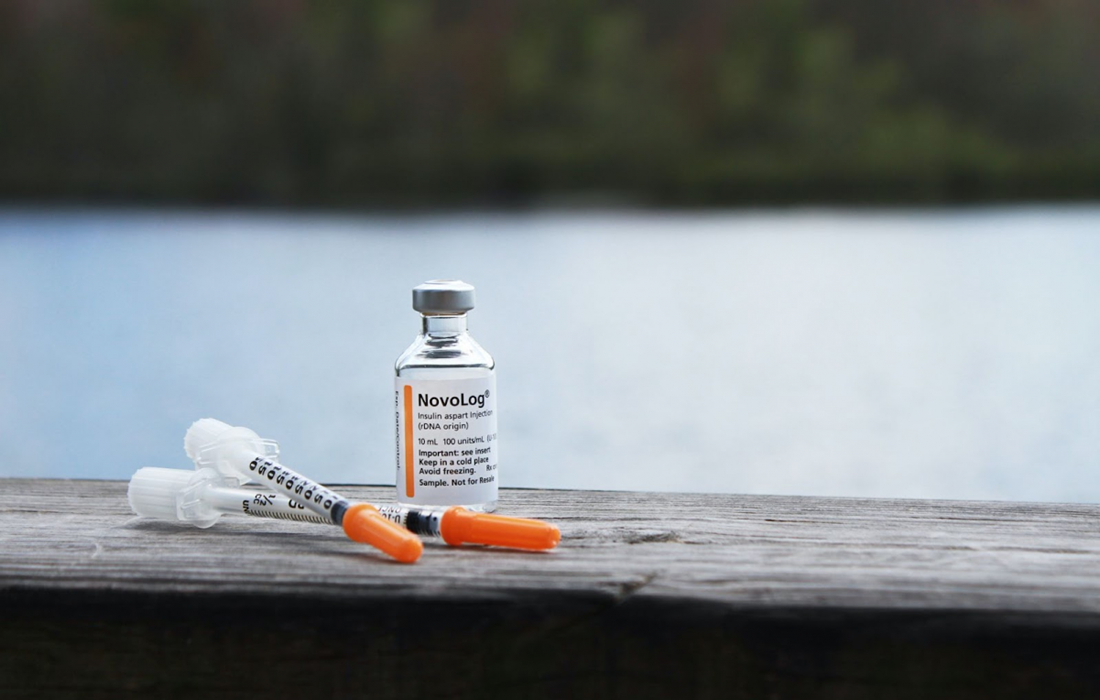Regenerative Medicine News and General Information
Study Explains Link Between Diabetes and UTIs
Researchers at Karolinska Institutet in Sweden now show that the immune system of people with diabetes has lower levels of the antimicrobial peptide psoriasin, which compromises the urinary bladder’s cell barrier, increasing the risk of urinary tract infection.
Diabetes is a common disease that affects health in many ways, one effect is that it compromises the innate immune system, leaving many people with increased susceptibility to regular infections, such as urinary tract infections (UTI) caused by E. coli bacteria. In people with diabetes, these are more likely to lead to general blood poisoning, sepsis, originating in the urinary tract.
Researchers at Karolinska Institutet have now investigated whether glucose levels in people with diabetes are linked with psoriasin, an endogenous antibiotic which is a part of the innate immune system.
“We found that high glucose concentrations reduce the levels of the antimicrobial peptide psoriasin, while insulin has no effect,” says Annelie Brauner who led the study. “People with diabetes have lower levels of psoriasin, which weakens the cells’ protective barrier function and increases the risk of bladder infection.”
Oestrogen therapy reduced bacterial population
Professor Brauner’s research group has previously shown that treatment with oestrogen restores the protective function of bladder cells in humans and mice and thereby helps to regulate the immune response to a UTI. The researchers therefore tested how oestrogen treatment affects infected cells exposed to high glucose concentrations. They found that the treatment boosted levels of psoriasin and reduced bacterial populations, indicating that the treatment may have an effect also among patients with diabetes.
“We now plan to probe deeper into the underlying mechanisms of infections in individuals with diabetes,” says the study’s lead author Soumitra Mohanty, researcher at the same department at Karolinska Institutet. “The ultimate goal is to reduce the risk of infection in this growing patient group.”
Sources:
Soumitra Mohanty, Witchuda Kamolvit, Andrea Scheffschick, Anneli Björklund, Jonas Tovi, Alexander Espinosa, Kerstin Brismar, Thomas Nyström, Jens M. Schröder, Claes-Göran Östenson, Pontus Aspenström, Hanna Brauner, Annelie Brauner. Diabetes downregulates the antimicrobial peptide psoriasin and increases E. coli burden in the urinary bladder. Nature Communications, 2022; 13 (1) DOI: 10.1038/s41467-022-32636-y
Karolinska Institutet. “New study explains link between diabetes and UTIs.” ScienceDaily. ScienceDaily, 20 September 2022. <www.sciencedaily.com/releases/2022/09/220920100739.htm>.
Images from:
Photo by Mykenzie Johnson
https://unsplash.com/photos/5Hib8uDTm6g

